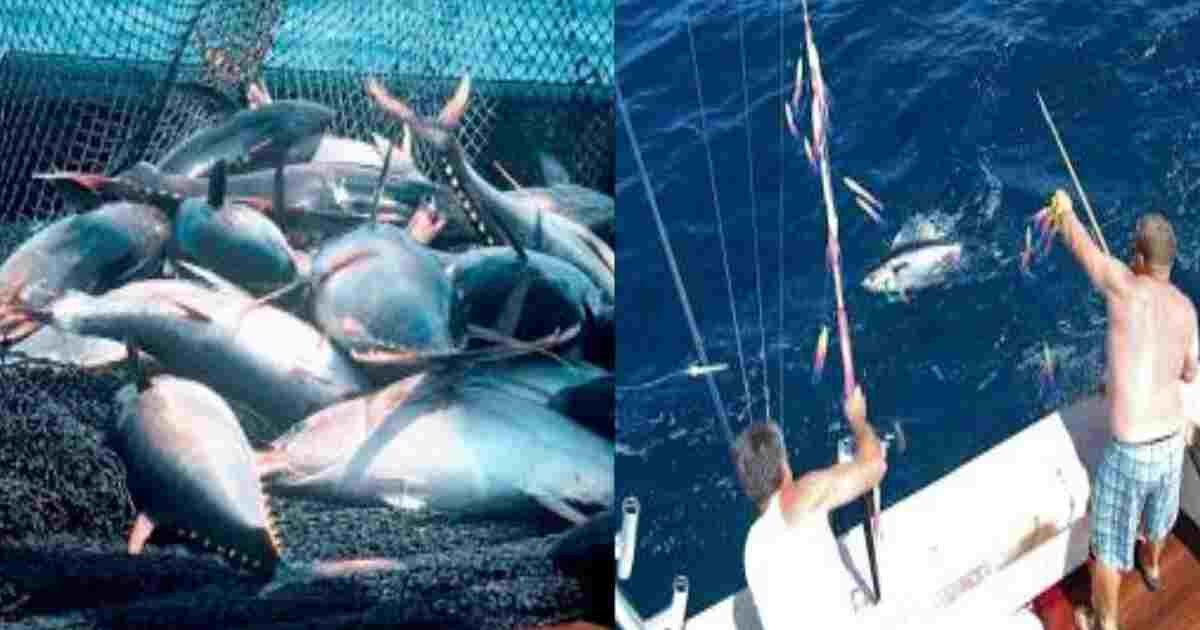Oil-Sardine Fishery (Sardinella longiceps): Sardinella longiceps commonly known as Indian oil sardine it belongs to the family, Clupeidae. This pelagic fish, which are found along the east coastand west coast of India. Total 50 species of clupeoid fishes inhabiting along the coastal zone, among the 25 species are commercially important in Indian sea. All clupeoid fishes are of great economic importance as a source of food and oil. The oil sardine is the most abundant and important one. Oil sardine fishery contributes the total marine fish production of India about 15%. Oil sardine fishery distributed along the west coast from Gujarat to Kerala and in the east coast from Tamil Nadu, Andhra Pradesh and Orissa coasts. Occasionally, sardine fishes enter the estuaries along the southwest coast.
Scientific classification
Kingdom : Animalia
Phylum: Chordata
Class: Actinopterygii
Order: Clupeiformes
Family: Clupeidae
Subfamily: Clupeinae
Genus: Sardinella
Species: S. longiceps
Oil-Sardine Fishery (Sardinella longiceps)
The Indian oil sardine is one of the most important commercial fishes in India, along with the mackerel. It is commercially caught mainly in Karnataka, Goa, Kerala, and southern Maharashtra. The annual landings of the oil sardine in India for the past 22 years are presented in a document from the Central Marine Fisheries Research Institute. The fishery is characterized by large fluctuations in its annual landings.
- The clupeid fishes constitute about 30% of the total marine catches in India.
- Oil sardine are commercially important clupeid fishes & are well known for delicious dishes and for their rich oil contents.
- There are nine species of sardines which constitute important fishery along the west & south east coast of our country.
- The important species includes- Sardinella longiceps (oil sardines), S. fimbriata, S. gibbosa, S. albella, S. dayi, S. melanura, S. perforate, S. sidensis, S. clupeoides and S. sirm. Dussumiera (rainbow sardines) and Kowala (white sardines). Various species of sardines move in large shoals..
- The oil sardine, S. longiceps is a valuable commercial and food fish but it decays quickly, due to which major percentage of the catch from salt water.
- The fish are generally restricted to the west coast of India, and is rarely found along the east coast.
- The oil sardine fishery on the Malabar Coast is highly significant and very old one.
- Also sardine fishery common at Sind to Andhra coast, but is particularly abundant in the Konkan areas.
 |
| Oil Sardine |
Commercial use of sardines
- Sardines are commercially important fish for a variety of uses like- for immediate consumption, for bait and processing with smoking, drying, salting, fishmeal, oil etc.
- The most freshly sardines are use for human consumption also they are used for making by-products such as fish meal is used as animal feed, while oil has many uses, including the manufacture of varnish and paint.
- In addition, the body oil used for jute, leather and soap.
- The crude oil is used as preservative of boats.
Fishing of sardines
- Fishing oil sardine starts soon after monsoon and lasts from August to March, September to December being the best period.
- The gears are used for fishing as encircling net, purse seine, including traps or weirs. Due to planktonic feeder, the oil sardine fishes are caught mainly at night. After harvesting, the fish are kept in brine water, while they are transported to shore.
Canning of sardines
Sardines fishes very famous for canned in many different ways-
- Before canning of fish is washed, their heads are removed, and the fish are cooked, or it may be deep-frying or by steam-cooking, after which they are dried.
- After successful processing, they are packed in olive, sunflower or soybean oil, water, or in a tomato
or mustard sauce.
 |
| Oil Sardine Canning |





